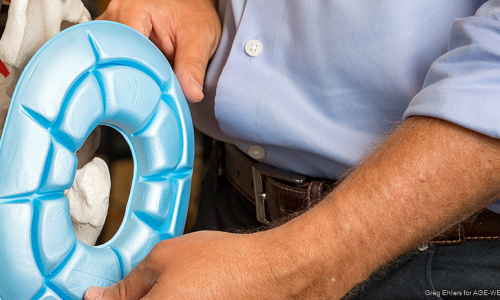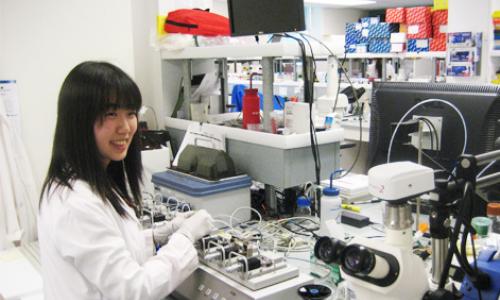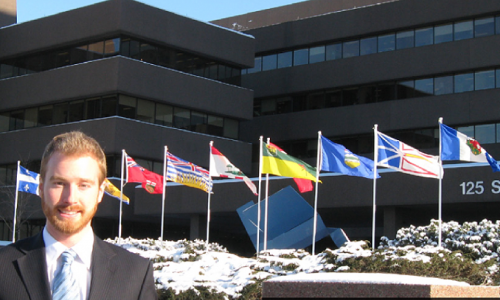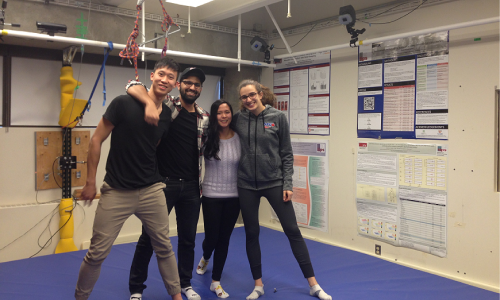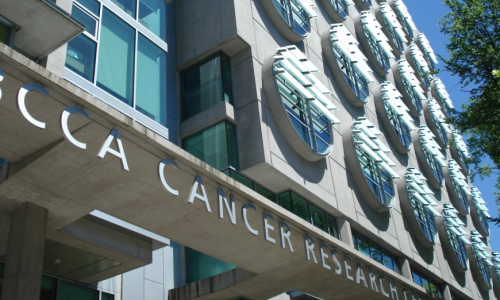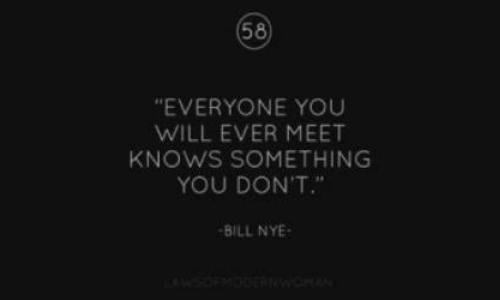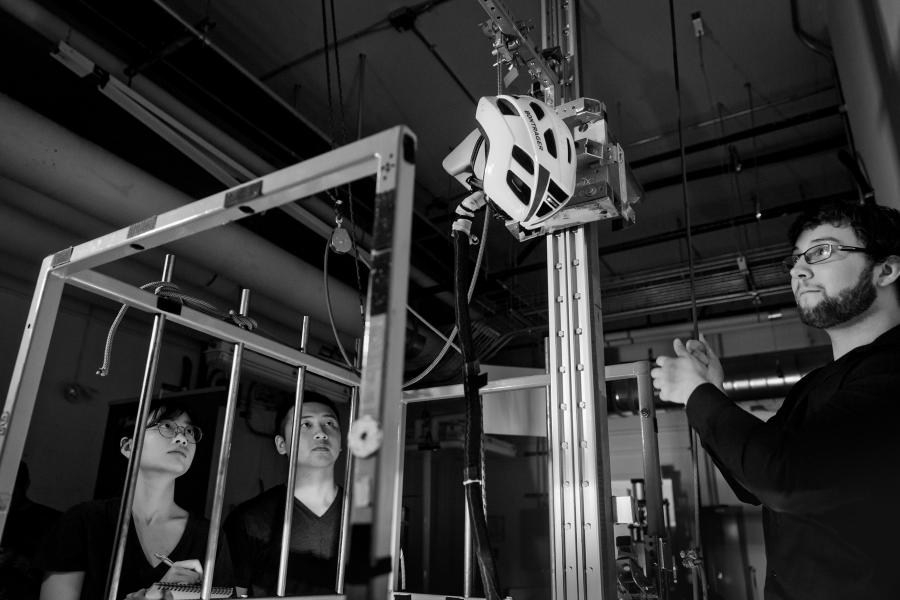
Whether you’re discussing ideas with your colleagues, sourcing materials and supplies or presenting new findings, communication is always present in the work environment. You will not always be talking to someone with engineering knowledge, and being able to explain to business partners or the general public why what you’re doing is important is an essential skill.
For the past eight months, I’ve been working in the Neurospine research lab at SFU and have 16 months of research work experience under my belt. I enjoy research, as a Mechatronic Systems Engineering (MSE Engineering) student I love being able to put the knowledge I’ve learnt to practice and know that I am bettering the world through my efforts. You meet people at all stages of their educational careers in research and can pick up many valuable skills from your colleagues. The most valuable skill I have learnt through my journey is the importance of communication within the workplace, and why being smart isn’t the only thing that will land you a job.
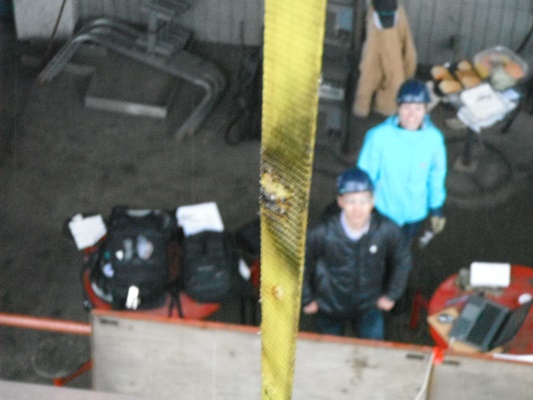
Communicating on a Team
In my current position, I have been working with a co-researcher looking into the safety standards on fall arrest lanyards used by workers at a height. A large portion of this research consists of imitating a Canadian safety test for this equipment, by attaching lanyards to a steel tower and dropping a 100 kg mass on the other end. To accomplish this, we collaborated with trade workers and industry partners who assisted us in designing, building, and running our tests. We were able to convey how our findings could be beneficial to them, as fellow engineers and workers who use the equipment themselves, and our collaborators could more easily aid us in our research.
There were many safety concerns when running these tests and lots of discussions was needed to make sure everything ran smoothly. At one point during testing, our drop mechanism failed and we had to deal with getting the mass back to the ground. It was suspended 9 m in the air and we knew it could fall at any moment. By addressing pre-discussed back-up procedures and communicating to everyone on the worksite we were able to handle the situation with ease and control to prevent any injury to anyone onsite.
Communicating with the Public
From the labs I worked in, I’ve come across multiple cases where I’ve met students who conduct valuable research and explore new fields of study with novel ideas but are unable to explain or present their findings concisely to an audience. During my current work term at the Neurospine lab, we were presented with the opportunity to have our research featured on a Discovery Channel segment- The Daily Planet. With a national audience, being able to convey complex engineering concepts to the general public is essential. Our research can now be seen via television and the internet and explained in a way that helps better people's understanding of these safety concerns and how our research has aided them and their community.
Having a passion for discovery and the desire to learn and explore are excellent character qualities for anyone wanting to delve into research. There is so much still unknown, and lots of room to explore. But this isn’t enough. Don’t be fooled by visions of days spent enclosed in a lab, working with equipment and running tests. Your research is valuable, and being able to properly communicate it amongst colleagues and the scientific community is how we can all better each other and the world we live in.
Beyond the Blog
-
For more opportunities like Charlie's visit SFU's Engineering Co-op program homepage!









